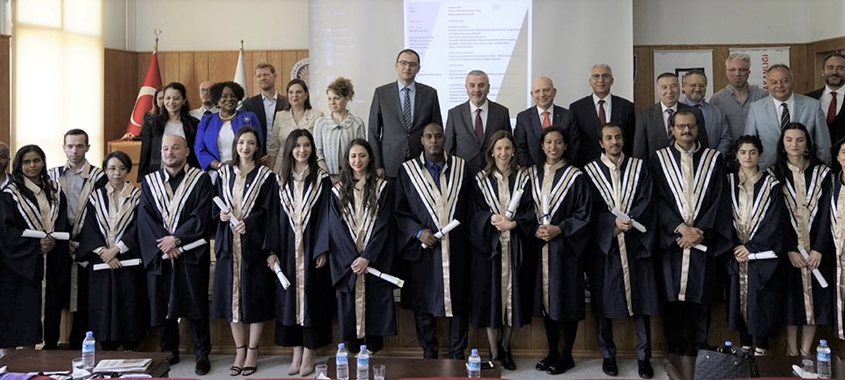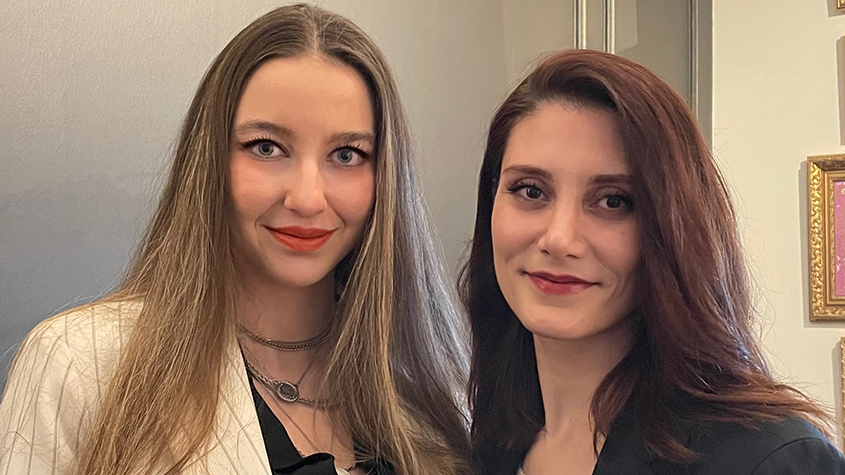How Does an LL.M. in IP Help Professionals in Their Careers?
April 28, 2023
With 95% of graduates employed shortly after graduation, a Master of Laws (LL.M.) in intellectual property (IP) has proven to have a successful track record for career success.

WIPO Academy and its partners routinely run tracer studies on graduates of its Joint Master’s Degree Programs to see how impactful the graduate studies are on careers in the current IP job market.
The graduates of the LL.M. in IP with a Specialization in Patent Law and Design Law, jointly offered by the WIPO Academy, the Turkish Patent and Trademark Office (TÜRKPATENT) and Ankara University in Türkiye were surveyed for a tracer study assessing their contributions to the global IP system.
A career catalyst
Cohorts from 2016 to 2021 were surveyed, and 95% of graduates reported that they are employed, and most took only two to four months to find a job after graduating. The majority of graduates currently work in the public sector including in intellectual property offices (52%), followed by those in the private sector (33%) and academia (15%).
98% of surveyed graduates said that the LL.M. was useful to their careers, since many are working as lawyers, legal advisers, attorneys, IP counsels, IP examiners, trainers, and researchers. They felt that the intensive 11 month program was very relevant in helping them enhance their IP knowledge, in addition to improving their problem-solving and research skills, alongside their communication and teaching skills.
The strongest areas of the program reported by graduates during the tracer study included:
- quality of teaching;
- the support offered to students by teachers;
- the range of course offerings of the program; and
- the relevance of program to their professional needs.
The WIPO Academy works with its partners, TÜRKPATENT and Ankara University to ensure that the curriculum of the LL.M. reflects the theoretical and practical aspects of IP, so that graduates can apply their new knowledge and skills in real-life.
After graduation, 30% of graduates pursued further studies in IP or other related fields, and 38% started their own businesses.
Alumni spotlight
To keep in touch with its alumni, the WIPO Academy launched the WIPO International Network for IP Education (WINIPE) in 2022 as a platform for sharing ideas, IP academic resources, brochures, curricula, syllabi and experiences among the experts, current participants and alumni of the Joint Master’s Degree Programs. Graduates of the programs can also share experiences and network through the alumni community on LinkedIn by joining the WIPO Academy’s official “Academy Community”.
Do you want to be part of the class of 2024?
The WIPO Academy offers a number of higher education programs in IP that are jointly run with partner universities and governments.
Interested candidates can apply for a graduate degree in IP on the WIPO Academy website.

